Pakistan’s deepening security and economic risk
Pakistan’s economic mismanagement and support for terrorism will leave its economy in a hole – and imperil the multibillion dollar China-Pakistan Economic Corridor
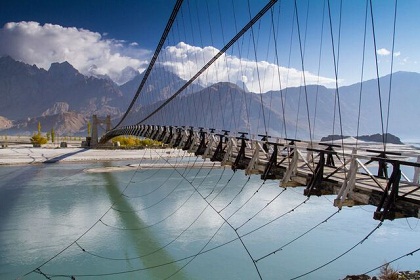 Courtesy: The Third Pole
Courtesy: The Third Pole
Pakistan’s economic mismanagement and support for terrorism will leave its economy in a hole – and imperil the multibillion dollar China-Pakistan Economic Corridor
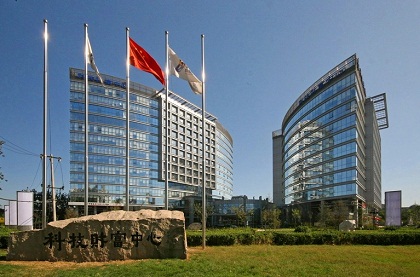 Courtesy: Wikipedia
Courtesy: Wikipedia
Chinese technology companies that are steadily establishing themselves in India have the potential to transform the scenario for entrepreneurs, consumers and governments even in the face of geopolitical tensions. The Indian government should view this development as an opportunity and an asset
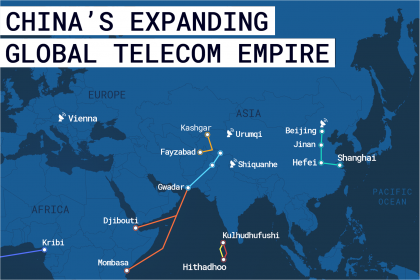 Courtesy: Gateway House
Courtesy: Gateway House
China is steadily deploying state-of-the-art communications systems to connect its strategic and economic assets in Asia. It is then linkingthe Asian mainland to Africa, and Africa to South America. The investment spree is rapidly making Beijing a major player in global telecommunications – and ‘informationisation warfare’.
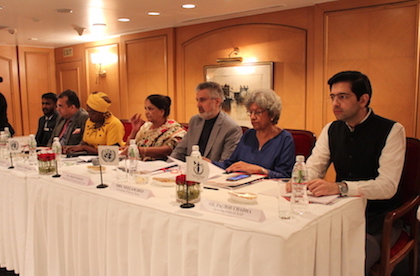 Courtesy: Government Law College
Courtesy: Government Law College
This is a time of transition. A new international order is emerging with many discontinuities--and a collaboration of efforts is needed for it to be better than the one that is fragmenting
The 44th G7 summit, held in Canada in the first week of June, ended on a tense, disunited note—not unlike the premise of Richard Haass’ 2017 book, The World in Disarray: American Foreign Policy and the Crisis of the Old Order. In this interview, the President of the Council on Foreign Relations discusses the role of international institutions, World Order 2.0 and how India can participate in it
Gateway House spoke to Toshinori Doi, President, Policy Research Institute, Japan, on the sidelines of the Gateway of India Geoeconomic Dialogue, on the risks associated with digitising finance, the Belt and Road Initiative and dealing with Chinese market dominance
One of the priorities of the Asian Infrastructure Investment Bank (AIIB), which held its third annual meeting in Mumbai earlier this week, is to mobilise more private capital for infrastructure and support sustainable projects
India and the world have watched China’s growing investment in Asia and beyond with a mix of awe and apprehension. The unprecedented scale of these investments are reshaping political arrangements around South Asia.
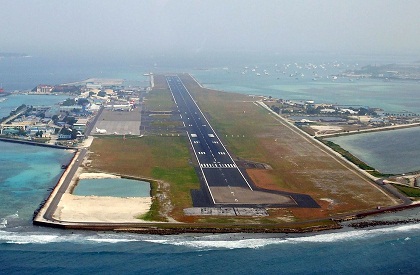 Courtesy: Wikipedia
Courtesy: Wikipedia
The recent crisis in the Maldives is a pertinent time to revisit an old case, highlighting the political uncertainties in the island nation due to growing Chinese influence and its impact on businesses and investors
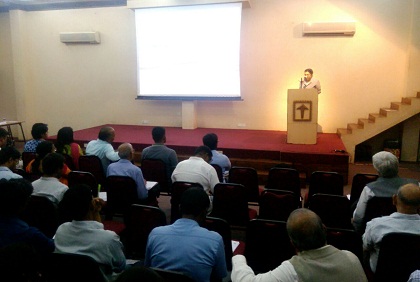 Courtesy: Chennai Center for China Studies
Courtesy: Chennai Center for China Studies
On 12 February, the Chennai Centre for China Studies (C3S), the Press Institute of India and the Centre for Public Policy Research, hosted a conference on ‘Enhancing India-China People-to-People Relations’ to explore ways student exchanges, language studies, the arts, think tanks and academia might increase people-to-people interactions and circulations between the two nations